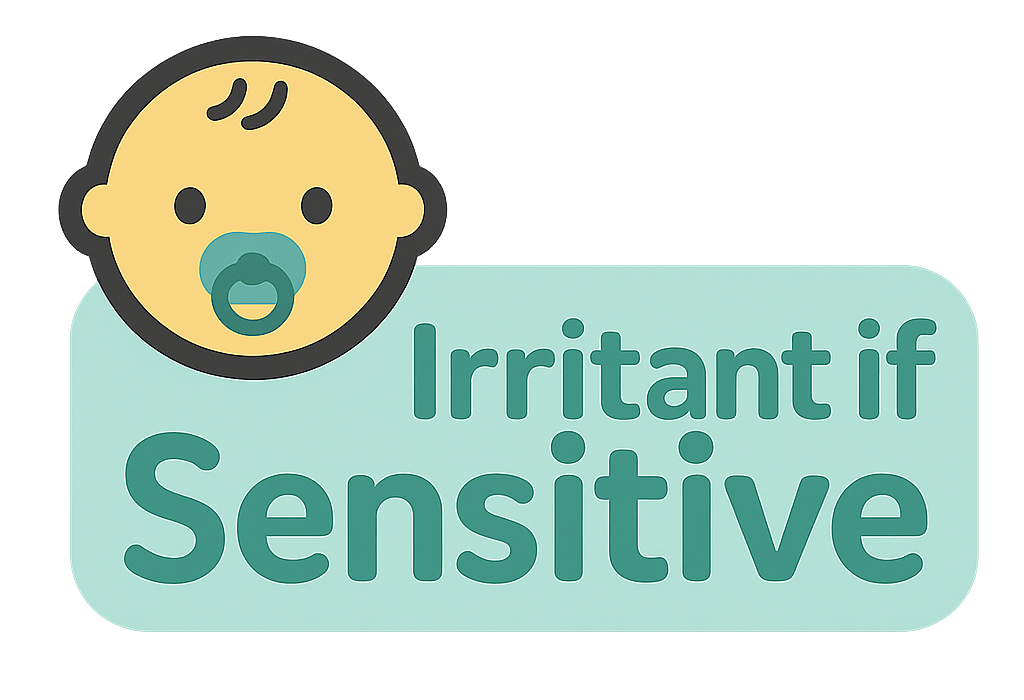Check for Different Age (6 available)
Safe for preschoolers to use Propylparaben?
ℹ️General Overview
For children aged 2–5 years, propylparaben is not the safest choice. It can sometimes cause skin reactions and some authorities and studies raise concerns about hormone-like effects. Overall risk for this age group is lower than for babies, but it's still best to be cautious.
✅What to Do
Check product labels and pick paraben-free options when you can. For children 2–5 years old, prefer products that rinse off (like shampoos) over leave-on creams with parabens. If you must use a product with propylparaben, test it on a small patch of skin first, avoid applying on broken skin, and use the smallest amount needed.
⚠️Warnings
Watch for redness, rash, swelling, or other signs of irritation—these come from reported allergy and immune reactions in humans. Also be aware that European regulators and safety reviews (for example the European Chemicals Agency and other EU safety opinions) have highlighted possible hormone-like (endocrine) effects and some countries restrict parabens in products for very young children. If you see any skin reaction or have concerns about growth or development, stop use and talk to your child’s pediatrician.
Are you holding the product?
Scan the full ingredient label and understand if it's safe for your child.
Safety Risk Labels
This ingredient has the following documented risks:








Tap or hover over labels to see detailed risk information.
Alternative Names for Propylparaben
This ingredient may also be listed as:
Always check ingredient labels carefully, as ingredients may be listed under different names.
Products Containing Propylparaben
This ingredient is found in the following products:
This list shows products that contain Propylparaben or its alternative names.
Research Articles on Propylparaben
Scientific research related to this ingredient:
These research articles provide scientific evidence about Propylparaben safety and effects.
Common Questions About Propylparaben
Safe for preschoolers to use Propylparaben?
Propylparaben is not recommended for 2-5 year old children due to potential safety risks.
What are the confuse hormones risks of Propylparaben for preschoolers?
Acts like fake hormones in the body, confusing natural signals. Young children may be more sensitive to these effects.
What are the hormones risks of Propylparaben for preschoolers?
May mess with natural hormone development in babies and children. Young children may be more sensitive to these effects.
What are the fertility risks of Propylparaben for preschoolers?
Some studies link this to future fertility or reproductive issues. Young children may be more sensitive to these effects.
What are the irritant risks of Propylparaben for preschoolers?
Can cause skin redness, itchiness, or rashes—especially on sensitive baby skin. Young children may be more sensitive to these effects.
What are the eczema risks of Propylparaben for preschoolers?
Linked to triggering or worsening eczema and similar skin conditions. Young children may be more sensitive to these effects.
What are the immune system risks of Propylparaben for preschoolers?
Could weaken or confuse immune system. Young children may be more sensitive to these effects.
What are the banned risks of Propylparaben for preschoolers?
Banned or heavily restricted in one or more countries. Young children may be more sensitive to these effects.
What are the environmental risks of Propylparaben for preschoolers?
Possible negative effects on the environment Young children may be more sensitive to these effects.
What products contain Propylparaben?
Propylparaben is commonly found in skincare products, cosmetics, and topical applications. Always check ingredient labels before use.
Is this suitable for preschoolers to using products with Propylparaben?
The appropriate age depends on the specific ingredient properties and concentration. This analysis is for 2-5 year old children. Use the age selector above to check other ages.
Want to scan another product?
Use our camera scanner to analyze more ingredient labels
Scan Another Product